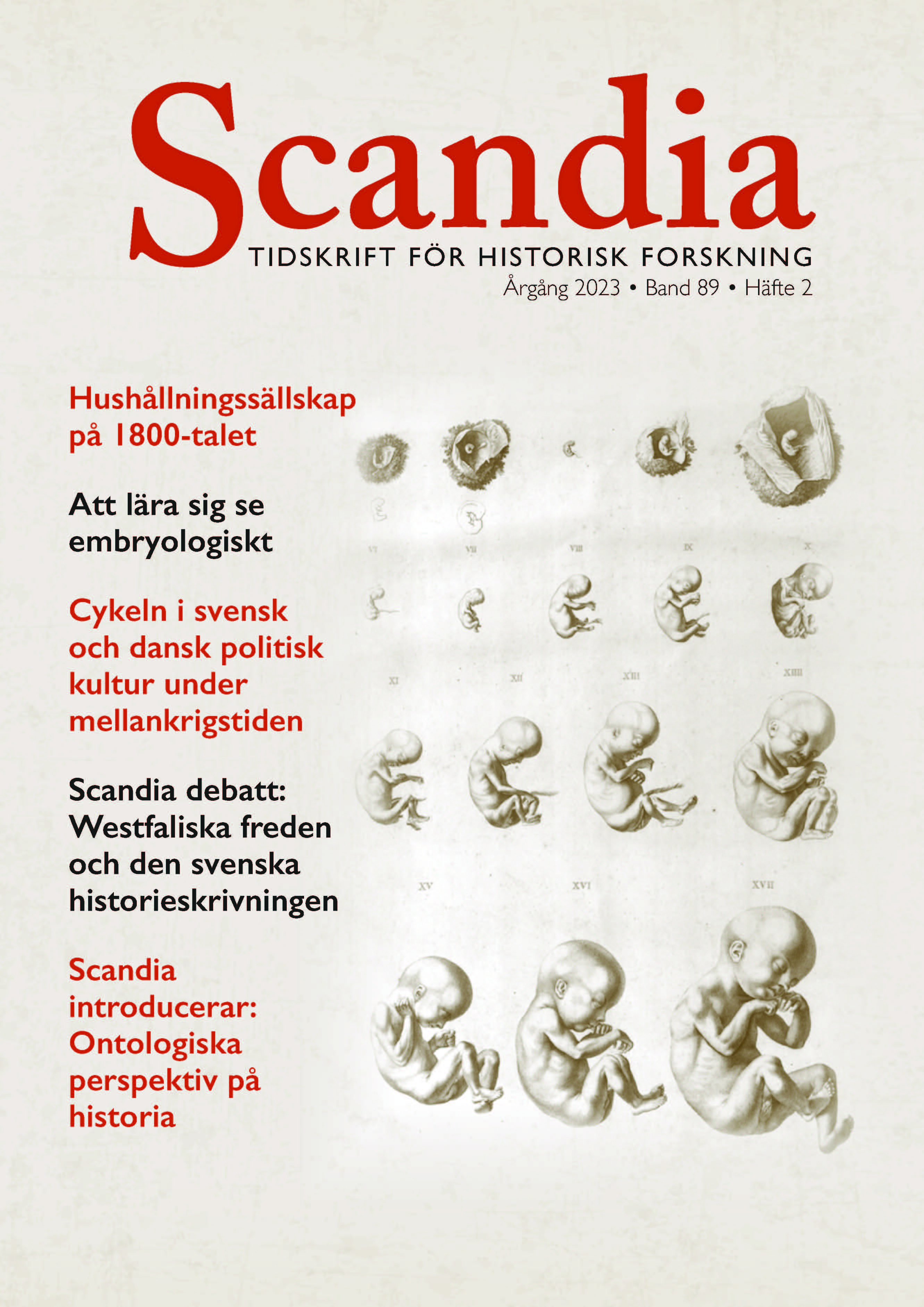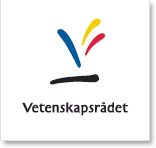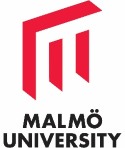Scandia introducerar: Ontological Perspectives on History
DOI:
https://doi.org/10.47868/scandia.v89i2.25796Keywords:
history, anthropology, ontological history, comparative history, humans, non-humansAbstract
This article introduces current debates in history and anthropology regarding the possibilities and challenges associated with applying anthropological notions of ontology (or the “ontological turn”) but more specifically with regard to historical studies. After summarizing two historical interventions calling for an ontological turn in history – as a way for the historian to approach his or her subjects in a symmetrical way, more or less free from the constraints of analytical categories – I discuss the works of two prominent anthropologists and their ontological projects. First, Viveiros de Castro’s notion of perspectivism is presented as a way of posing questions to historical sources and as a way of enabling productive comparisons. Second, Philippe Descola’s theory of ontological grammar is put forth as a way of studying how people in the past have identified and related so-called “existants” in relation to one another and themselves, which makes it possible to see how historical subjects have composed their lifeworlds in a more fine-tuned way than a cultural perspective would have it. Finally, I argue that historical research could benefit from anthropological perspectives on ontology. Such an approach sheds new light on how people have structured their experiences of the world and acted in it. However, this perspective should be applied with caution so as not to run the risk of emphasizing difference over similarities.





